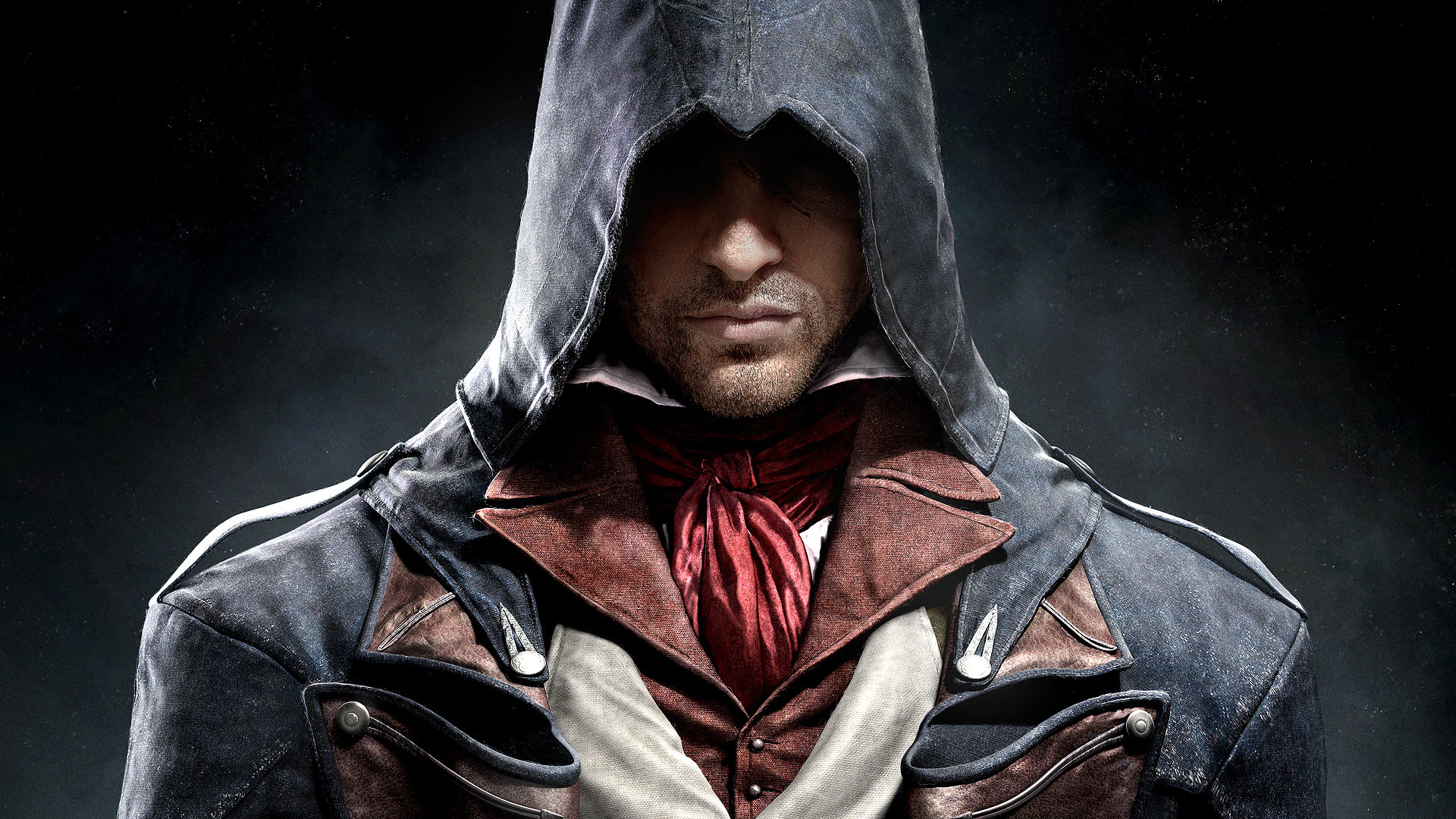
the modern gaming market: cash over quality
Arts & Entertainment June 27, 2015By Gage Cardinale
The industry of gaming has grown and morphed rapidly over the decades, from humble beginnings of low bit games to the multi-billion dollar industry it is today. As companies failed and others took their place, the outlook and attitudes of gaming changed as well.
Most of the big name companies of the modern gaming market have become more about money and less about the quality of games produced. It’s clearly evident when CEOs and higher ups that haven’t personally made a game end up ruining the PR or pushing a game out that’s unfinished for a fast profit. The most recent incident demonstrating this is Assassins Creed: Unity, a game from a beloved franchise that was pushed out the door with many problems that made it difficult to play on consoles and impossible to play on computers. This was made worse by the fact that Ubisoft placed its review embargo many hours after the game was released because of its own lack of confidence in the product. Because of the review embargo, Assassins Creed wasn’t simply considered poorly made, it was also a display of unethical procedures to sell the game. The Industry also suffers from placing needless money grabs in games that could be genuinely good games. Ubisoft released a game called The Crew that included micro transactions, payments made to increase in-game currency, and based the game’s economy on them; this is yet another way publishers try to push the cash cow.
It’s not only Ubisoft who continues these corrupt methods, it’s most gaming companies. Sega released broken games like Sonic Boom, and Valve made Evolve based on DLC; most companies in this industry, no matter if there triple A or indie, reek of bad reputation.
Another problem is the way these companies handle press. Companies like Ubisoft and Activison deny leaked information of games or release dates, even when the information is correct so they can control the flow of information to the public. Rockstar, a company that is known for Grand Theft Auto, denied the leaked information of the delay of the PC version of GTA5 just to state that it is delayed themselves 24 hours later.
In the end, the people who get the shortest end of this are the game developers; the people who slave to create a beautiful game like Assassins Creed but ultimately end up being forced to push their hard work out too early and unfinished. This attitude that the game companies have has pushed indie gaming to be a bigger thing than it ever has been; while they wallow in money, smaller games like Five Nights at Freddy’s push toward what gamers want and have been asking for. While some of the indie games being made are not high budget or graphically intense, they have ingenuity and the sort of creativity that pushes them to sell. Big name companies have strong potential to make games that are brilliant and have shown that, but on the path they walk, they may not have much longer to prove it.
Header image is property of Ubisoft.
